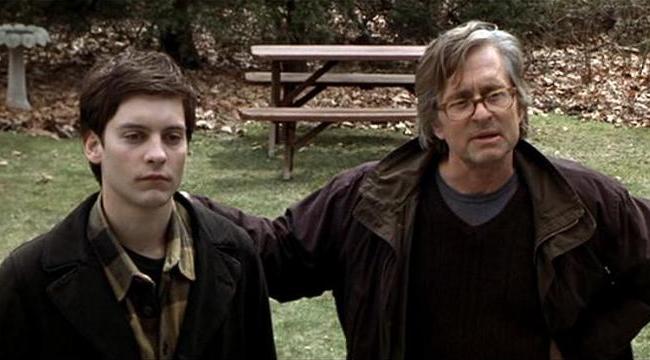| Academy Award Nominations and Winners: |
| Best Adapted Screenplay: Steve Kloves |
| Best Film Editing: Dede Allen |
| ★ | Best Original Song: "Things Have Changed" |
|
| Golden Globe Nominations and Winners: |
| Best Picture (Drama) |
| Best Actor (Drama): Michael Douglas |
| Best Screenplay: Steve Kloves |
| ★ | Best Original Song: "Things Have Changed" |
|
| Other Awards: |
| Los Angeles Film Critics Association: Best Actor (Douglas); Best Supporting Actress (McDormand; also cited for Almost Famous) |
| Boston Society of Film Critics: Best Supporting Actress (McDormand; also cited for Almost Famous); Best Screenplay (tie) |



